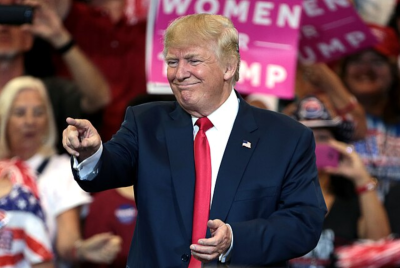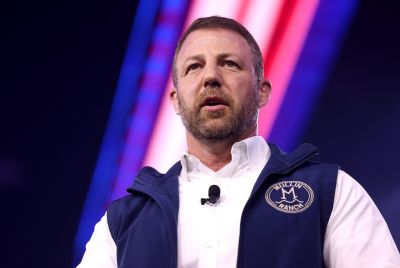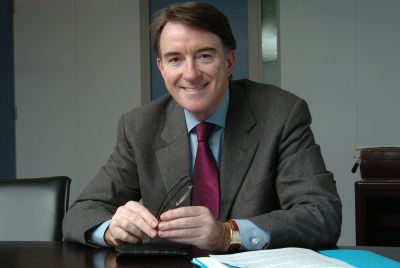Hundreds Of UK Companies Oppose Single Sex Spaces: Dire Consequences And What Could It Mean To The Trans Community
The transgender community is the most targeted section of the LGBTQ+ community in the UK.
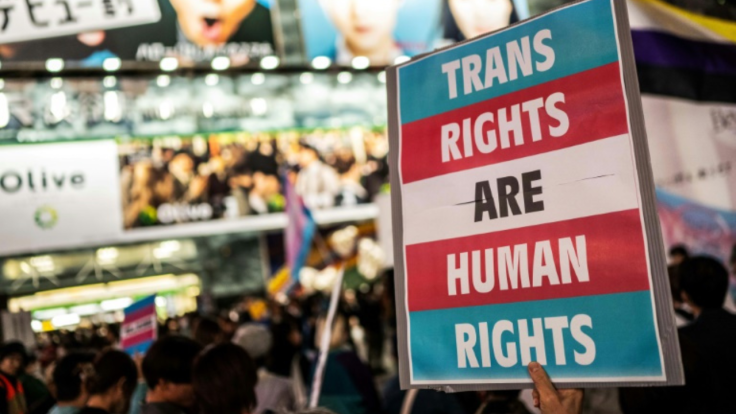
More than 650 organisations, from high-profile names like Ben & Jerry's and Lush Cosmetics to hundreds of independent pubs and cafés, have written to the UK government warning that new draft guidance from the Equality and Human Rights Commission (EHRC) on single-sex spaces is 'unworkable' and would 'cause significant economic harm.'
The plea comes at a time when the trans community in the UK was already coping with the Supreme Court's April 2025 ruling that the legal definition of 'woman' under the Equality Act 2010 refers to biological sex, not gender identity.
Why Businesses Are Calling It Unworkable
In April 2025, a ruling in For Women Scotland v The Scottish Ministers clarified that under the Equality Act 2010, references to 'man,' 'woman' and 'sex' should be interpreted as biological sex assigned at birth.

In response, the EHRC drafted guidance that suggests if a service is provided 'only to women and trans women or only to men and trans men,' it would not count as a single-sex service. This interpretation has raised concerns among businesses and trans advocates alike.
According to reports, signatories to the businesses' letter argue that the draft guidance clashes with modern business values and operational realities. Many warn that complying could require costly facility adjustments, such as converting gendered spaces into gender-neutral ones, and create legal and reputational risks.

An excerpt from the letter says, 'Many of us have spent years building inclusive environments where all customers and staff feel safe and welcome. These proposals would tell us to act in ways that directly contradict those commitments; undermining trust, damaging reputations, and risking the loss of valued staff and customers.'
For small and medium enterprises, the burden may be especially severe. Lush, for example, stated that staff and customers' inclusion is central to its business, and that it does not want to enforce trans exclusion via its facilities.
What This Means for the Trans Community
Trans people and advocates are alarmed. According to reports, they argue that the ruling and potential guidance risk excluding trans women from many public spaces: lavatories, changing rooms, hospital wards, and more. The concern is that many existing services will revert to purely biological definitions of sex, curtailing everyday access for trans individuals.
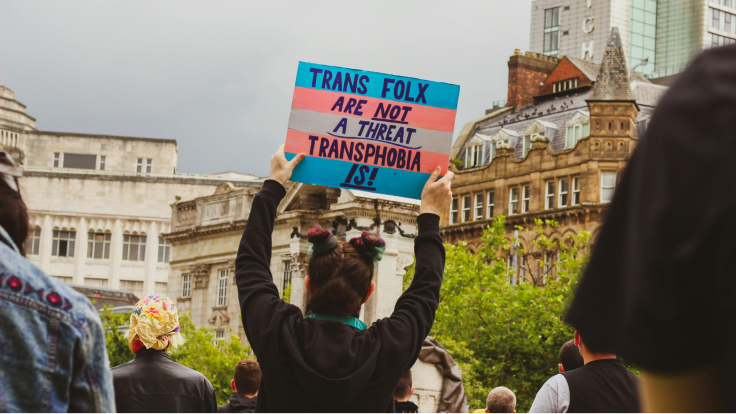
Groups like TransActual have condemned the guidance as 'bigoted' and potentially unlawful, warning that it goes beyond what the Supreme Court decision required. They highlight threats to inclusion, dignity, and safety.
Conversely, gender-critical advocates and organisations sympathetic to single-sex spaces argue that the Supreme Court ruling restores clarity to the legal definition of sex under the Equality Act. They believe the revised guidance is necessary to protect services meant exclusively for biological women, especially in contexts like healthcare services, shelters, and women's sports.
Hate Crime Against Trans People in the UK
The latest plea by more than 600 companies opposing single sex spaces is the latest addition to the endless woes faced by trans people in the UK on a daily basis. According to surveys, trans individuals remain the most targeted group within the LGBTQ+ community in the UK.
Transphobia is a growing concern in the nation, as it was reported that in the year 2020 to 2021, 2,630 hate crimes against transgender people were recorded by the police. The figure reached 4,889 offences in 2022-23, and only slightly declined to 4,780 offences in 2023-24.
UK's first transgender judge Dr. Victoria McCloud, while speaking to The Independent, shared her views on the April ruling, saying: 'Britain felt like a safer place to be trans in the Nineties than it does now.'
She added: 'Decisions about us that fundamentally change our rights shouldn't be made without us...The case relates fundamentally to fairness. What's known as Article Six, and it was a situation where nowhere throughout the whole of the case, trans people were heard or represented at all.'
Hence, the challenge for the government will be to balance the rights of biological women as defined by law with the rights of trans people to access public life and spaces with dignity.
© Copyright IBTimes 2025. All rights reserved.





